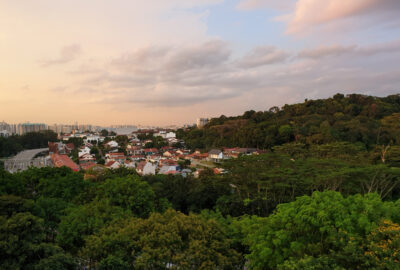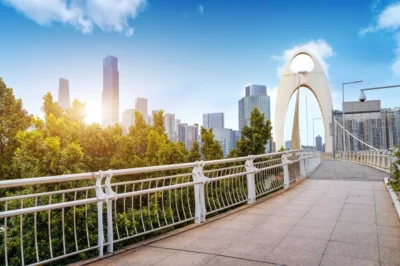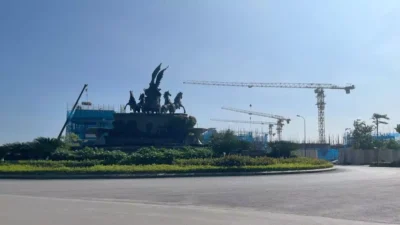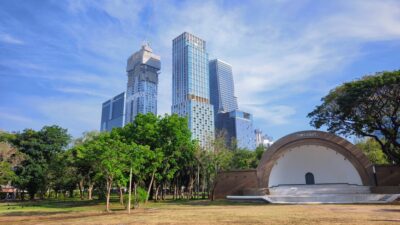The Philippines’ resilient real estate sector beckons investors
Opportunities grow amidst economic growth, infrastructure surge, and urban transformation
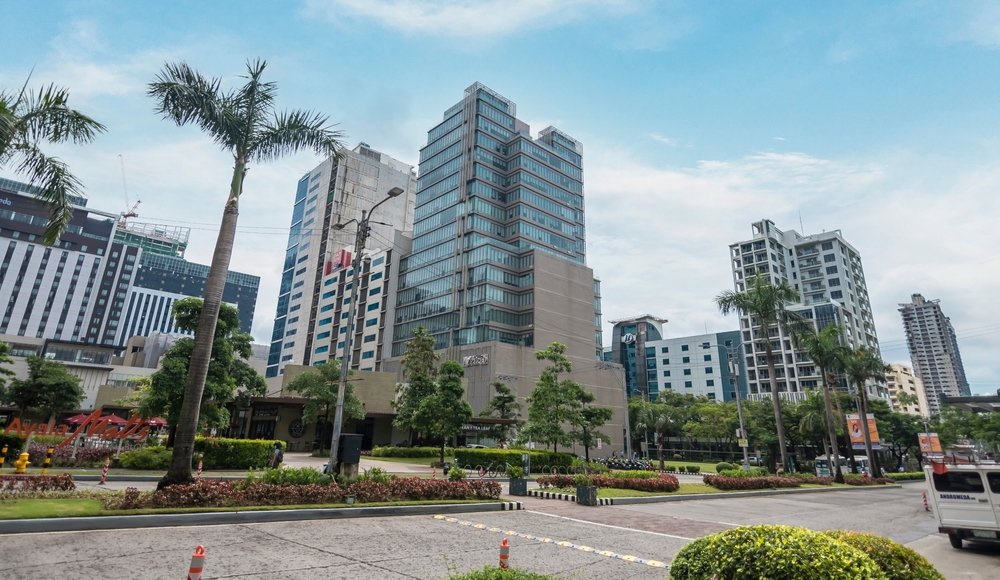
The Philippines offers a promising opportunity in its real estate sector, fueled by its robust economy and favourable factors. The Inquirer reported that, despite global challenges, the country stands out economically, especially in the property market, driven by sectors like business process outsourcing, remittances, consumption, demographics, and government spending. Optimism is reinforced by the passage of the 2023 budget, infrastructure initiatives, credit ratings, and low inflation.
The government’s substantial infrastructure program is expected to bolster growth and contribute to the real estate industry’s momentum. Over the past two decades, the property sector has remained resilient, with increasing demand for townships and capital appreciation in both residential and office properties. The timing appears ripe for investment in the dynamic Philippine real estate landscape
Related: A township rises from the depths of Cebu
According to a press release by Santos Knight Frank, Cebu’s real estate sector in particular is rebounding to pre-pandemic levels. Santos Knight Frank, a real estate services company, reports strong performance in the office and residential markets in the first half of 2023. Office occupancy in Metro Cebu increased from 77 percent in the second half of 2022 to 80 percent in the first half of 2023, with lease rates rising from PHP614 (USD10.84) to PHP 641.
Infrastructure improvements, including the Cebu-Cordova Link Expressway, are driving new business hubs. Around 87,700 sqm of new office supply is in the works in Cebu South Road Properties and the North Reclamation Area. The region’s GDP grew by 7.6 percent in 2022, buoyed by tourism, business activities, outsourcing, and infrastructure. Cebu remains a competitive location for businesses due to cost-effective real estate and efficiency advantages.
The report identifies five key themes: developments outside the city core, rising rents indicating office demand, scarcity driving residential prices, F&B-driven retail growth, and a tourism influx boosting the hotel industry, with 2,500 new rooms planned.
The Property Report editors wrote this article. For more information, email: [email protected].
Recommended
Meet the expert helping overseas investors crack Australia’s property market
Ivan Lam of property advisors Charter Keck Cramer helps clients navigate Australia’s complex real estate dynamics
6 spots to check out in Singapore’s Bukit list neighbourhood
The sought-after Singapore neighbourhood offers lifestyle amenities, green space, and new residential projects
Thailand’s real estate sector watches closely as the Shinawatras return to power
Time will tell if the return to power in Thailand of the Shinawatras will lift the country’s ailing real estate sector
China’s homebuying surge: Can new stimulus measures keep the market rally alive?
Stimulus measures have sparked a surge in homebuying activity around China, but many are sceptical the shift will endure


